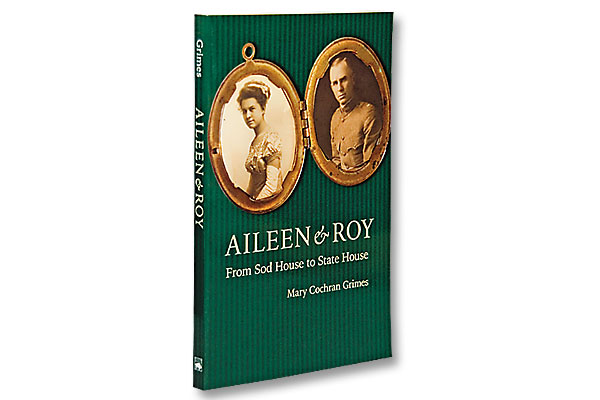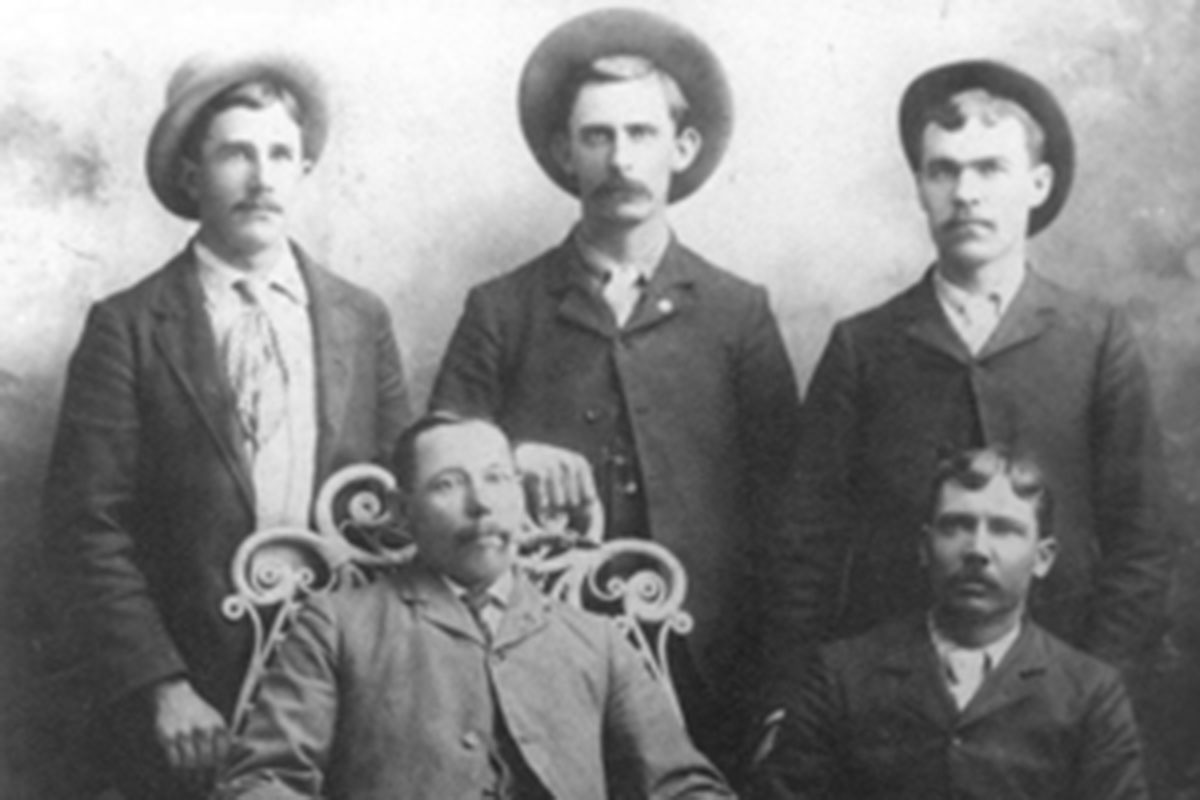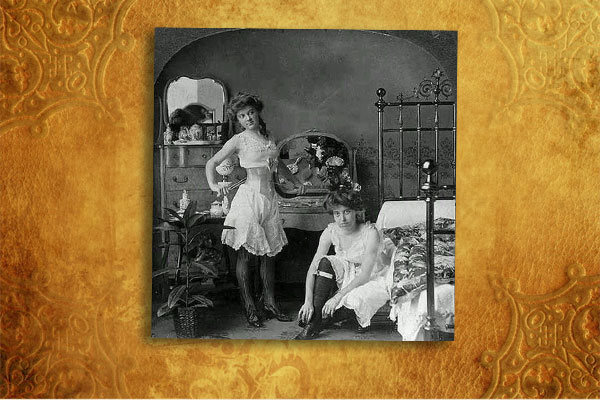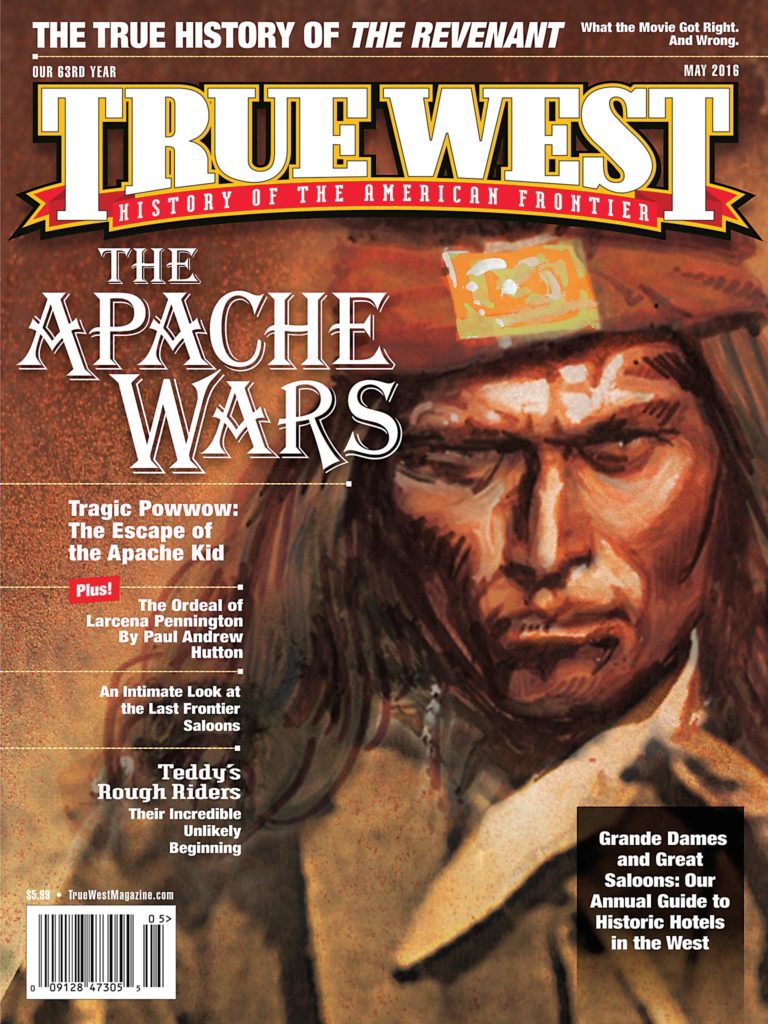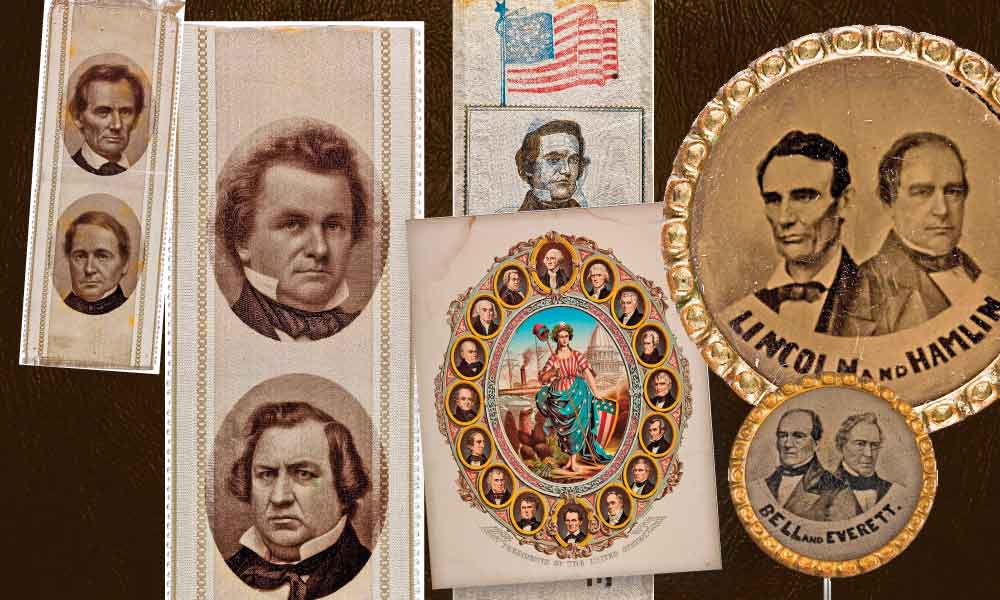
-All images courtesy Heritage Auctions-
Abraham Lincoln said precisely the wrong words in 1858, but standing by his famous speech landed him in precisely the right place two years later.
“A house divided against itself cannot stand,” he told the Republican State Convention the night he was nominated as the Illinois candidate for the U.S. Senate. He lost the 1858 election to third-term Democratic Sen. Stephen A. Douglas.
Lincoln’s repurposed Bible verse was directed at settling the issue of slave states versus free states. That controversial debate ended up dividing the Democratic Party two years later, for the 1860 Presidential election. The leading candidates were Douglas, supported by Northern Democrats, and John C. Breckenridge, supported by pro-slavery Southerners. The 1858 debates had forced Douglas to articulate his view that territories could either allow or prohibit slavery by popular will and not through Congress, a position that alienated Southern Democrats.
Because of this rift within his own party, Douglas embarked on a national speaking tour, becoming the first Presidential candidate to campaign in person, an act that Americans today expect from their Presidential candidates.
In 1858, Lincoln argued in his House Divided speech that Douglas wanted to nationalize slavery. Douglas had ended the Missouri Compromise ban on slavery in Kansas and Nebraska four years earlier. Lincoln worried that the next Dred Scott decision could allow slavery to spread into free states. In 1857, the Supreme Court determined that Dred Scott, a black slave who had lived in a free state before moving to the slave state of Missouri, could not claim U.S. citizenship and thus could not petition the court for freedom.
In 1860, the man who campaigned with the help of a growing network of railroads could not beat the Railsplitter, as Lincoln was known. The nickname symbolized him as a self-made frontiersman, one who had split wood for the railroad in 1829 and 1830.
Although historians still quibble over whether or not Douglas was for or against slavery, after the election, he supported Lincoln’s presidency. When the Civil War began in 1861, he rallied his supporters to join the Union cause to unite the country as a free nation; a few weeks later, he died of typhoid fever. In the midst of that bloody war, on January 1, 1863, Lincoln proclaimed the majority of slaves as free.
The top-selling political collectible Heritage Auctions sold on February 27, 2016, was an 1860 rarity: a campaign ribbon showing Douglas and Herschel Johnson, his nominee for Vice President. The 1860 ribbon for Lincoln and his Vice President Hannibal Hamlin followed with a solid bid.
But even Douglas knew the better man had won. At Lincoln’s inauguration, he showed respect to the new leader when Lincoln was looking for a place to put down his stovepipe hat before stepping to the platform to speak. Douglas took the hat, saying, “If I can’t be the President, at least I can hold his hat.”


